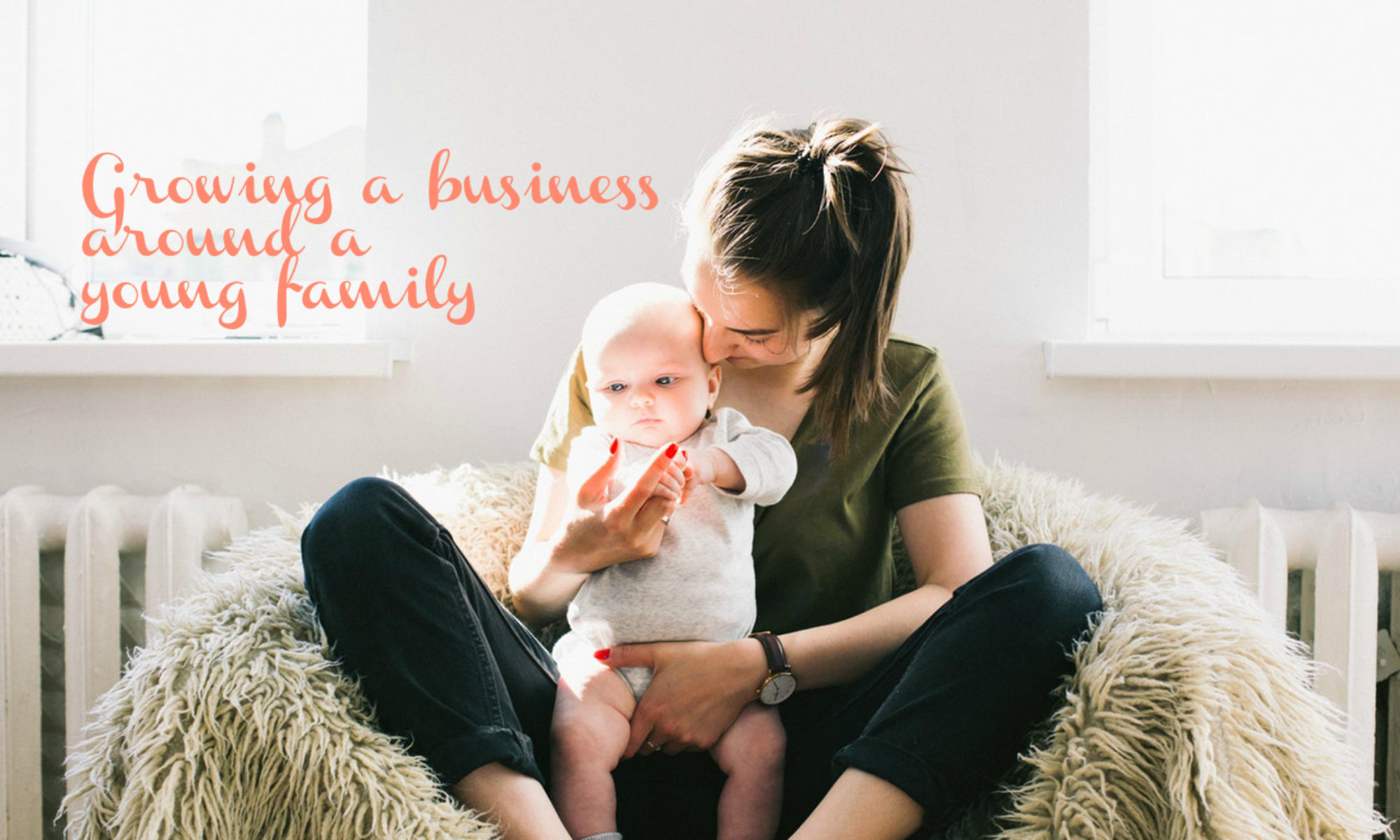 If you love working with children, and believe you can turn that interest and enjoyment into a profession, the idea of starting up your own nursery has probably sprung to mind more than a few times.
If you love working with children, and believe you can turn that interest and enjoyment into a profession, the idea of starting up your own nursery has probably sprung to mind more than a few times.
Working with children every day can be hugely rewarding but there are also many aspects to consider before taking the plunge and starting a business.
Here are some of the key points to think about:
Do your research
As the website workingmums says, it’s important to evaluate the needs of the local area first before taking the plan any further. Does your town actually need a nursery? If there are several up and running already, probably not. But if you’ve identified a lack of provider in the area, and can spoken to other parents to gauge opinion and been encouraged, the prospects look promising.
Locate your premises
You’ll need to find a building, a home for your nursery. The ideal premises would have several different rooms, which will be needed for the range of ages of the children. There’s a big difference between babies of just a few months age and four-year-olds who are on the verge of starting primary education. The youngest will need quiet rooms, with beds, so they can nap during the day.
Other criteria include plenty of open space, inside and out. You’ll want a garden, which is large, and enclosed, for safety reasons. There should also be a car park for parents, dropping off and picking up – they won’t want to pull up at the side of the road every day.
Do your paperwork
You can’t just start a nursery without going through all the official processes. This includes registering with the Office for Standards in Education and Ofsted, who will want to inspect your nursery and your standard of care for the children you look after. You’ll need to understand government policy on childcare and early education, and make sure you’re ticking every single box.
Equipment and resources
As a nursery you have to ensure children are not only kept safe and happy, but also educated and entertained. Kids aged six months old need sleep, cuddles and small amounts of play; three and four year olds should start to be prepared for school. Your nursery needs lots of toys, games, equipment and resources – consult a supplier like Hope Education to get a better idea of what you’ll need, what’s available, and what the cost of stocking up is likely to be.
Opening hours and staff
Nurseries are not schools and don’t operate around the same hours and term times. They are typically open all year round, and have hours that match the standard working day to help parents as much as possible. Decide on yours.
You’ll probably need to be open from 8am until at least 6pm every weekday but might also consider the option of allowing some parents to book earlier sessions, from 7am, and later ones, until 7pm. You need to be as flexible as possible.
This clearly impacts on the staff you need. There are strict guidelines on the ratio of staff to children so you need to ensure that you have the right number of your team working to cover kids booked in. Of course, you’ll also have to manage the staff rota carefully to ensure you have sufficient care in place at all times.
There’s plenty more to think about, too. You’ll need to provide food for the children – three meals a day, plus snacks – so that requires catering skill and health and safety, and hygiene, examinations. You also have to decide on the age intake of the children too. Some nurseries accept kids from as young as six weeks. There’s further reading on starting a nursery here.
